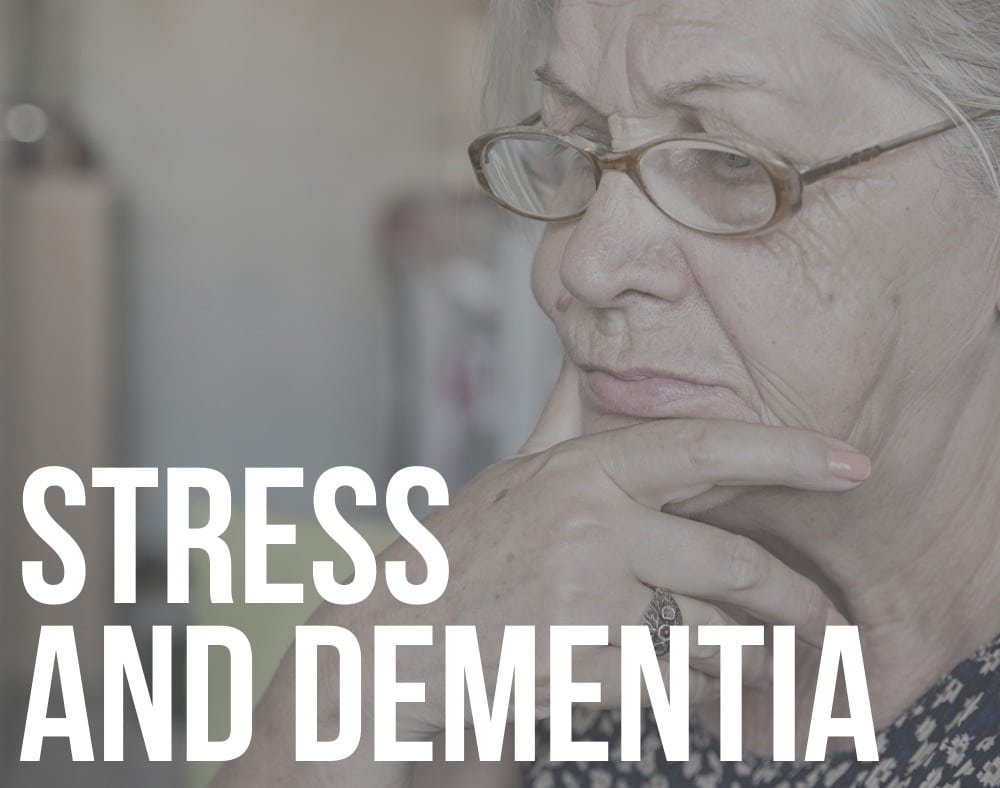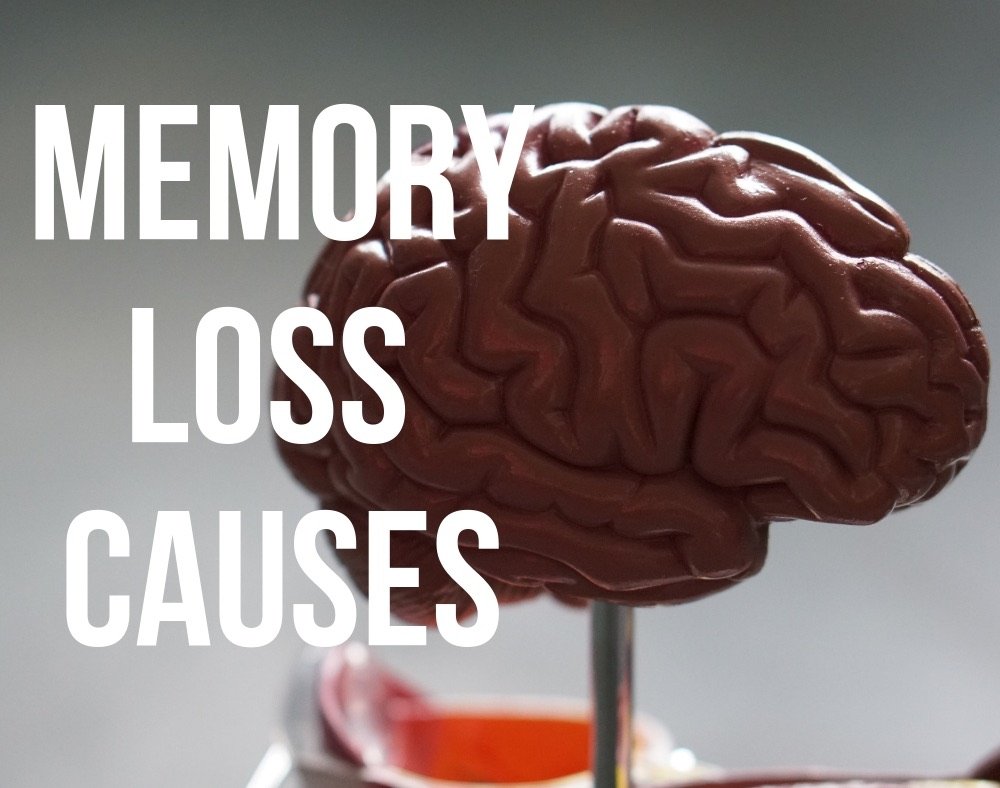Watching a loved one’s memory decline in front of your eyes is emotionally tiring and comes with a wide range of daily responsibilities. Someone whom you knew to be mentally sharp, stable, and independent is now becoming less functional, and starts to show many changes in their behaviour and mood patterns. In this article we address Dementia and family stress.
How To Prevent Stress and Burnout in Dementia Caregiver?
Looking after a family member or someone else who has a dementia onset is not just immensely challenging in terms of the responsibilities associated with this role, but also comes with a host of mental and emotional difficulties that often leave caregivers in a deep state of stress and burnout.
In this article, I’ll discuss the causes that lead people, who look after someone with cognitive decline, to experience burnout. I’ll also point out the signs that are worth paying attention to when it comes to this psychological state.
Further, I will also provide some support tips for how caregivers can prevent stress to take over and affect their mental health.

Emotional Costs of Providing Care to an Individual with Memory Decline
If you have ever been in the position where you are responsible for an elderly’s health, you know this too well – providing care is not just about feeding, bathing, and administering medication to a vulnerable person.
Most of the time, the stress you experience when you are in a caregiver role has more to do with the emotional and mental impact of the job than with the physical responsibilities per se.
Surely, doing your best to keep your loved one with dementia safe and to make sure they attend their medical appointments does take a toll on your health, however, the real stress comes from other aspects.
Perhaps the distress caused by seeing your loved one’s mental health decline is so overwhelming that you can barely process it for yourself, let alone be strong enough to look after them.
You might stay awake at night wondering if they are going to fall, move away from their room or have an accident. Or perhaps their mood swings, uncontrollable behaviors and anger outbursts are so intense that you are left with very little mental energy to attend to your own life.
No matter what the most vulnerable aspect of the care is for you, it is important to know that feeling tired and stressed is very common among dementia caregivers.
Also, it might be helpful to know in advance how you can best handle burnout if you ever experience it.

Identifying Signs of Dementia and Family Stress
Alzheimer’s and Dementia are neurodegenerative diseases that require family members and caregivers to be increasingly more involved in the care of the individual affected by them.
As signs and symptoms of dementia advance, the behaviours, personality, and health of the affected individual worsen, making the care more complex and demanding.
This puts increased pressure on family members and caregivers involved in the care process, who are more likely to develop symptoms of stress and burnout.
According to the Maslach Burnout Inventory, burnout is a psychological phenomenon defined by emotional exhaustion, cynicism, increased negativity, depersonalization, and a loss of interest in previously enjoyed things.
It is a common condition amongst caregivers due to the high demands and stresses created by this role.
Although the causes of burnout are complex and not yet entirely understood by research, it is believed that chronic and poorly managed stress is what leads those in a caregiver role to develop burnout symptoms.
It is highly important that all caregivers educate themselves on how to detect the first signs of burnout in order to seek support as early as possible.
Although this condition can show in subtle signs at first, be sure to look out for the following symptoms:
Fatigue
Extreme tiredness that does not go away with usual sleep or rest can indicate that you might be at risk of developing burnout.
Listen to your body and ensure that you give yourself plenty of time to recharge for all the effort you invest into looking after your loved one.
Irritability and mood swings
Due to the constant pressure of having to provide for a vulnerable senior, some people can experience mood changes and irritability.
This can trigger negative responses and impulses towards the people around them.
Lack of concentration
Due to sleeplessness and constant exhaustion, dementia caregivers might find that their concentration is impaired, and their cognitive skills are significantly affected.
Anxiety and depression
These two conditions can often manifest altogether. Some caregivers might feel increasingly worried about their loved one’s future while at the same time experiencing feelings of hopelessness and despair.
Having to figure out so many aspects of someone with dementia’s life can be challenging and frustrating, leading to symptoms of depression and anxiety.
Sleeplessness
Some caregivers might have impaired sleeping problems due to ongoing worries about their loved one. They might feel the pressure to be alert and available at all times, even during the night, which leads to issues with rest and sleep.
Dealing with Caregiver Burnout
It’s true that many family caregivers are so overburdened with responsibilities that they rarely get the chance to prioritise self-care.
Looking after someone with dementia can feel like a part-time job. Research shows that the average caregiver spends around 23.7 hours per week providing care to a loved one.
Besides work and other family commitments, this can really add significant pressure on many caregivers, who are left with the feeling that they need to be available to the loved one with dementia 24/7.
However, the only way of avoiding or coping with first signs of burnout is to prioritise self-care as much as possible.

Me time
Setting time aside to recharge and recover from ongoing stressors is the only way to renew your emotional resources and to continue to be available to the vulnerable person as much as you can.
Failing to look after your emotional needs and to attend to the physical tiredness can backfire on your physical and mental health, which results in resentment and built-up anger. Ultimately, this can lead to a real burnout where you lack physical and emotional reserves to cope with the unavoidable challenges.
Set clear and realistic expectations
Another way of dealing with and preventing burnout is to be as realistic as possible regarding the support you are able to offer to the loved one with dementia.
As neurodegeneration progresses, the complexity of the care needed also increases. As a result, it is almost impossible for one single individual to meet all the needs of a senior with dementia.
Setting clear and realistic expectations on the amount of care you are able to offer can prevent you from experiencing feelings of guilt, self-blame and doubt.
Seek support
Similarly, asking for professional support is highly recommended for dementia caregivers who find themselves overburdened with responsibilities.
If you suffer from mental health conditions like anxiety, stress, or depression, you can get in touch with mental health professionals or counsellors who can help you better manage your resources and cope with daily challenges.
Tips to Manage Dementia and Family Stress
Recognising that the caregiver role brings a lot of stress with it should determine people in this role to implement strategies and measures that make more resilient, such as:
Educating yourself
Being a dementia caregiver requires more skills as the disease of your loved one progresses. As a result, you might want to access training courses of resources that better equip you to deal with the changes in behaviour and personality of the person diagnosed with dementia. It might also be helpful for you to talk to other caregivers about their experience with this matter.
Look after yourself
Prioritize sleep, good nutrition and see your doctor regularly. Prioritize your needs for rest and listen to your body when it needs a break.
Use relaxation techniques
This can be engaging in a hobby that you like or attending a yoga class. Breathing techniques, meditation, and visualisation techniques are also proven as highly effective methods in alleviating stress and tension.
Exercise weekly
Being active relieves mental stress and releases endorphins, a feel-good hormone that increases feelings of relaxation. Research shows that exercise also aids in conditions such as depression and anxiety, which are often found in people who suffer from chronic stress and burnout

Sort out legal and financial plans
Having all legal and financial aspects sorted can provide comfort to the entire family, thus relieving caregivers of the extra pressure associated with those aspects. Make sure that you involve the individual with dementia in their financial planning and seek legal and financial counsel so that you do not have to worry about these things in the future.
Final Words
Unfortunately, being a dementia caregiver can be a difficult burden to bear even for the most resilient of us.
Therefore, when dealing with dementia and family stress, it is important to ensure that you prioritize self-care and seek mental health support whenever you see a decline in your wellbeing.
Staying in touch with other family members and delegating responsibilities is also a good solution whenever this is possible.
Recognising that the caregiver role can put a lot of pressure on your mental, physical and emotional well-being is the first step in knowing how to access the relevant resources that help prevent chronic stress and burnout.


















